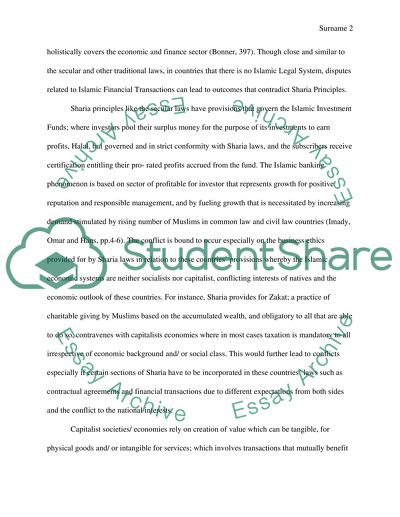Cite this document
(“In countries that do not have an Islamic Legal system, disputes Research Paper”, n.d.)
In countries that do not have an Islamic Legal system, disputes Research Paper. Retrieved from https://studentshare.org/finance-accounting/1493679-in-countries-that-do-not-have-an-islamic-legal
In countries that do not have an Islamic Legal system, disputes Research Paper. Retrieved from https://studentshare.org/finance-accounting/1493679-in-countries-that-do-not-have-an-islamic-legal
(In Countries That Do Not Have an Islamic Legal System, Disputes Research Paper)
In Countries That Do Not Have an Islamic Legal System, Disputes Research Paper. https://studentshare.org/finance-accounting/1493679-in-countries-that-do-not-have-an-islamic-legal.
In Countries That Do Not Have an Islamic Legal System, Disputes Research Paper. https://studentshare.org/finance-accounting/1493679-in-countries-that-do-not-have-an-islamic-legal.
“In Countries That Do Not Have an Islamic Legal System, Disputes Research Paper”, n.d. https://studentshare.org/finance-accounting/1493679-in-countries-that-do-not-have-an-islamic-legal.


